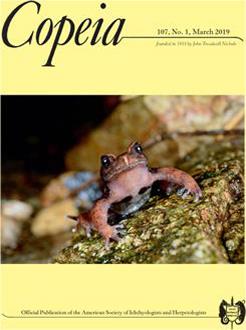Articles (16)
Obituaries (1)
Book Reviews (1)
Subject Index (1)
Taxonomic Index (1)

No abstract available
No abstract available
No abstract available
No abstract available
No abstract available
No abstract available
No abstract available
No abstract available
